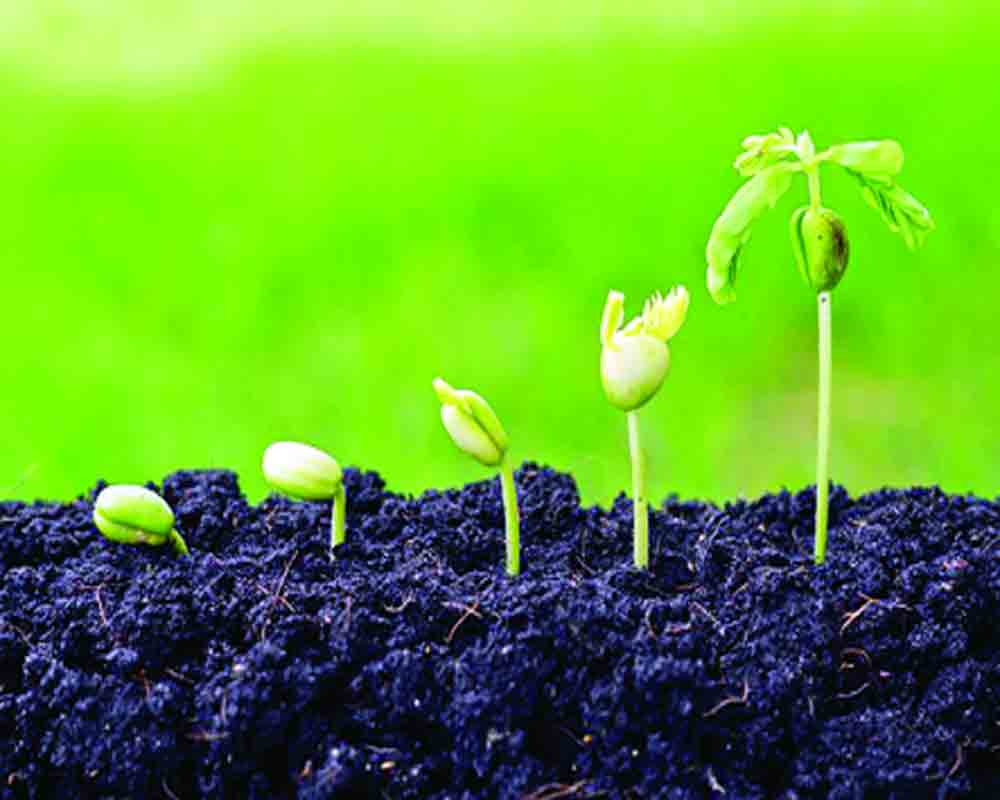It is prudent to buy all produce organic and wash thoroughly, to be on safe side
Has anyone ever thought about what we mean when we talk about the produce that has been grown organically? Or why is it that people today are rushing and shifting their preferences towards going organic? Well, produce can be called organic if it is certified to have grown on soil that had no prohibited substances such as synthetic fertilizers and pesticides applied for three years prior to harvest and does not contain genetically modified organisms (GMOs).
In addition to it, it also means that farmers have not used toxic and added pesticides or fertilizers that are meant to contaminate soil, air, water and ultimately the food thereby making the end product more appealing and healthy in the eyes of consumers. The chemical fertilizers such as herbicides and pesticides which used to spray conventionally grown produce have gnarly impacts such as impairing plant’s natural immunity and creating dependency on chemical fertilizers as well as destroying the health and mineral content of the soil.However, the goodness of organic food stands out and is considered to be safe for consumption without artificial elements. Studies have even shown that organic farms aim to cut pollution, provide safe places for farm animals to live, and promote a self-sustaining cycle of resources on a farm. A 2014 cohort study of over fifty thousand participants concluded that a higher frequency of organic food consumption was associated with a reduced risk of cancer.
Although organic does not mean 100 percent pesticide-free, but it does mean that any farming substances used must be completely nontoxic and safe. After all, the health of the soil is equal to the health of the plants that an individual consumes which further is related to the health of the human. Such foods include more nutrients, including more antioxidants in fruits and vegetables.
Also, these foods are free from genetically modified organisms (GMOs) which may otherwise pose severe health risks and various toxic effects in the body. In addition, organic farming is also a boon towards environmental sustainability as it reduces pollution, conserves water and increases soil health and fertility. In comparison to conventional farming, the use of fertilizers and pesticides in organic farming is not applicable as organic farming is built on an ecosystem that can sustain itself without the need for chemical fertilizers.
Current times have taught every individual to be more conscious about health and even the environment around them. One needs to take a big leap to change their outlook toward a lifestyle that assures both safety and quality.
At the end of the day, it is best to purchase all produce organic and wash thoroughly since pesticides have been linked to infertility, hormone imbalances, chronic illness and much more. There is no denying the fact that organic food supersedes all types of food so in so it is nowadays being touted as a “ better for you” option. But the question remains is the term ‘Organic’ healthy or is it just a buzzword?
(The write is an educator, views are personal)




















